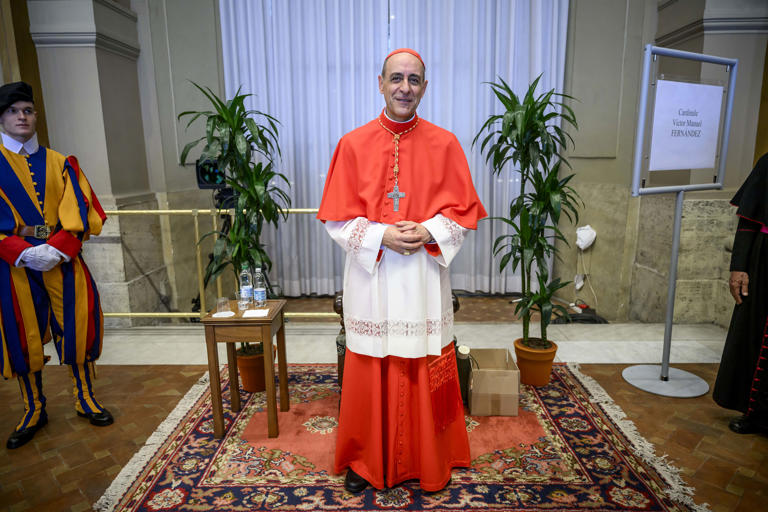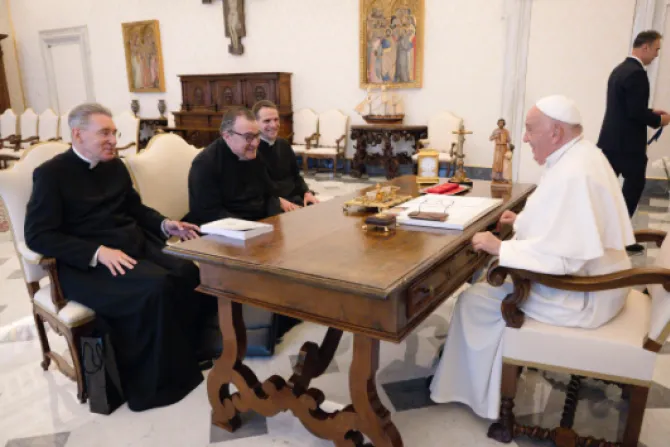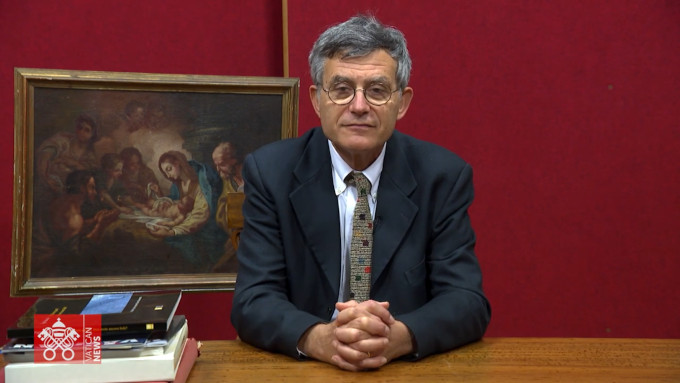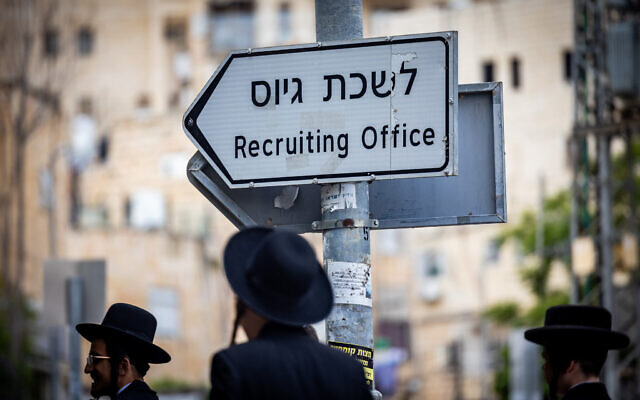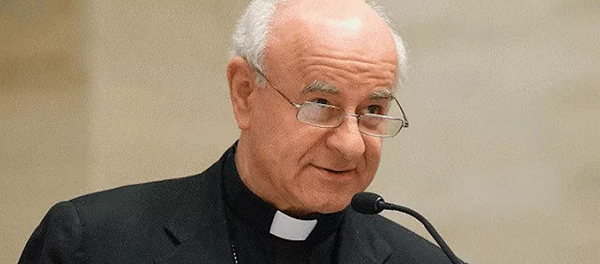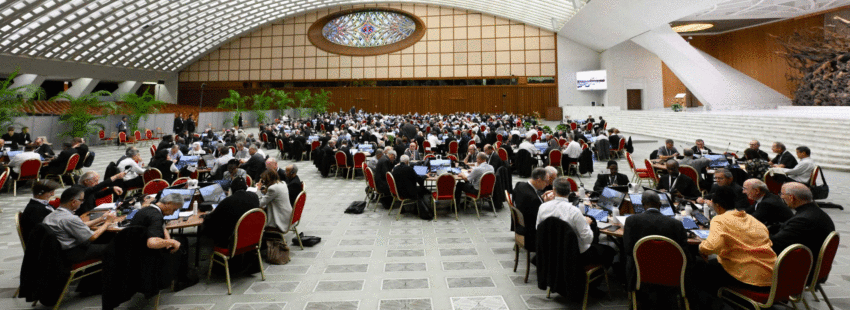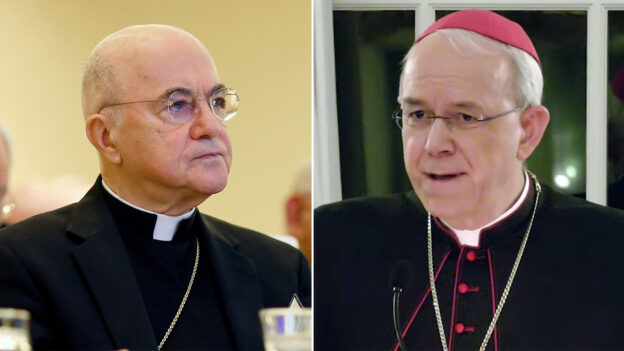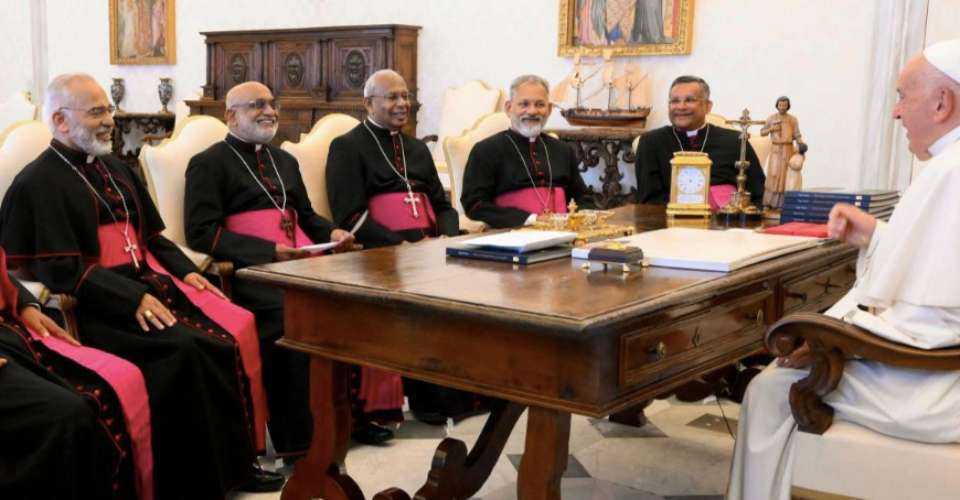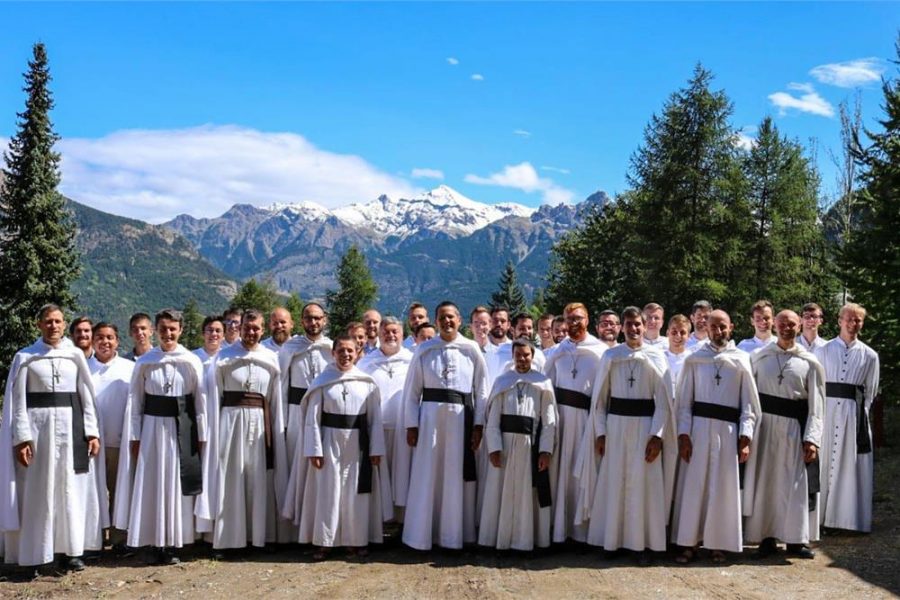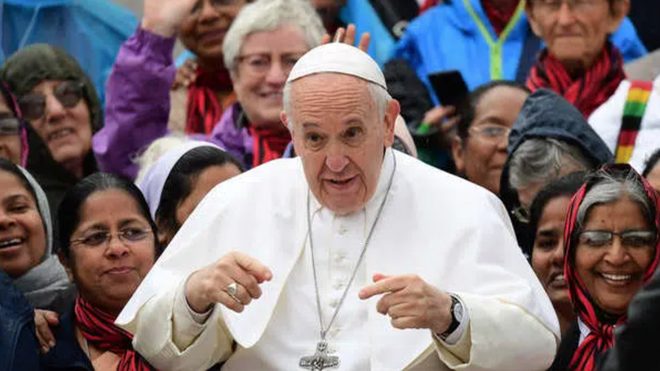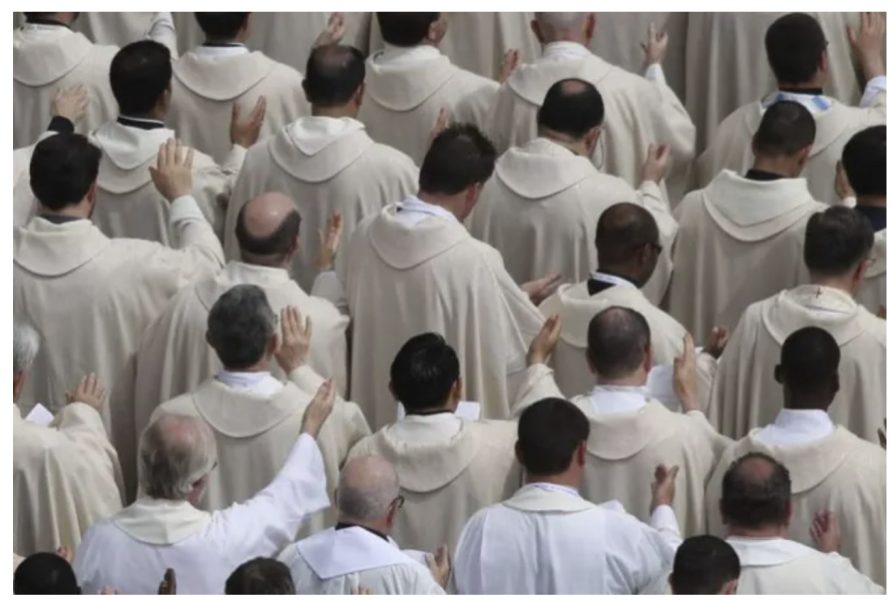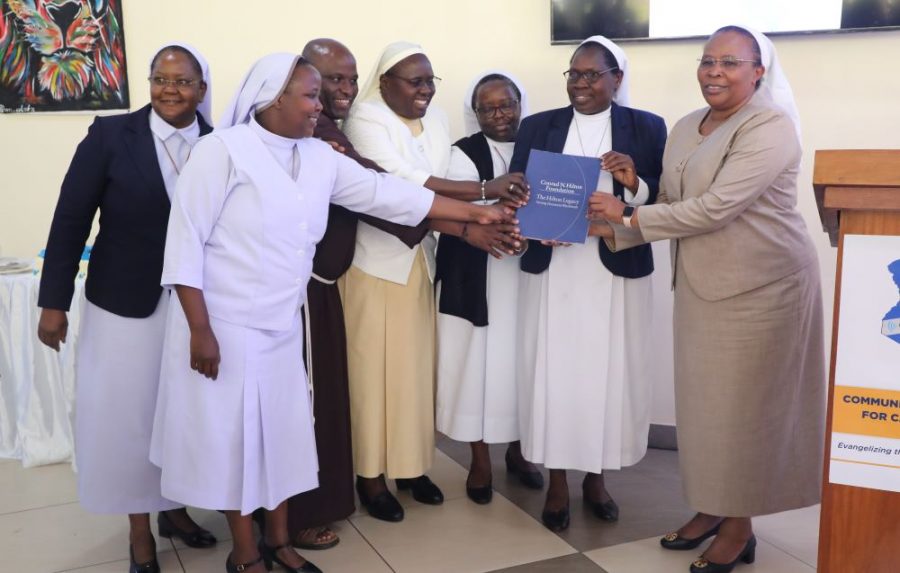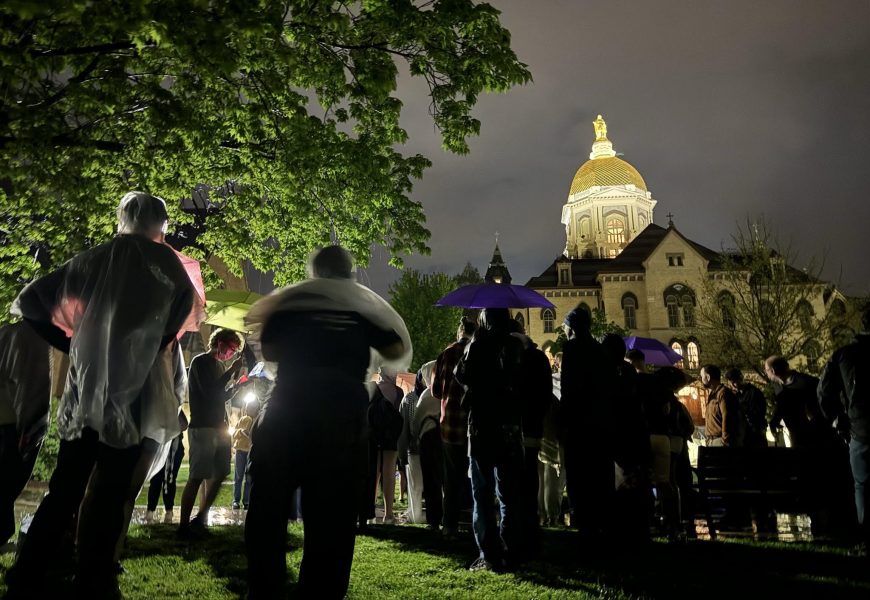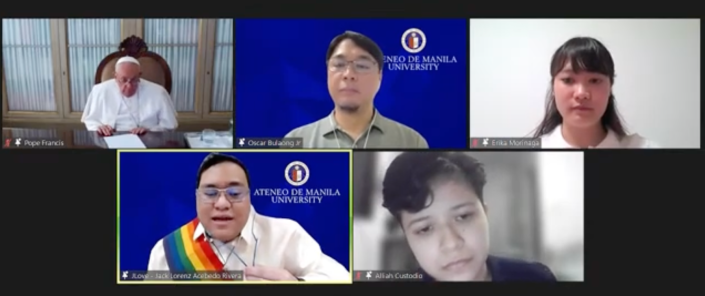(The Washington Post. Antonio Masiello)
When Pope Francis first asked if he would be willing to take one of the loftiest jobs at the Vatican, heading the office that sets the policies of the Roman Catholic Church, Víctor Manuel Fernández said no. The liberal Argentine archbishop worried his appointment might make things worse for a pope facing historic internal dissent. “I knew that there were groups that did not love me, some willing to do anything — judging by the expressions they used on social networks and even in messages they wrote on my Facebook page — and I was afraid of causing problems for Francis,” Fernández said in an interview with The Washington Post. When the pope called again last June, from a hospital where he’d just undergone intestinal surgery, Fernández relented. He moved to Vatican City, was named a cardinal and became the pope’s right-hand man, helping to translate the changes in tone and style Francis brought to the papacy into concrete new guidelines for 1.4 billion Catholics.

